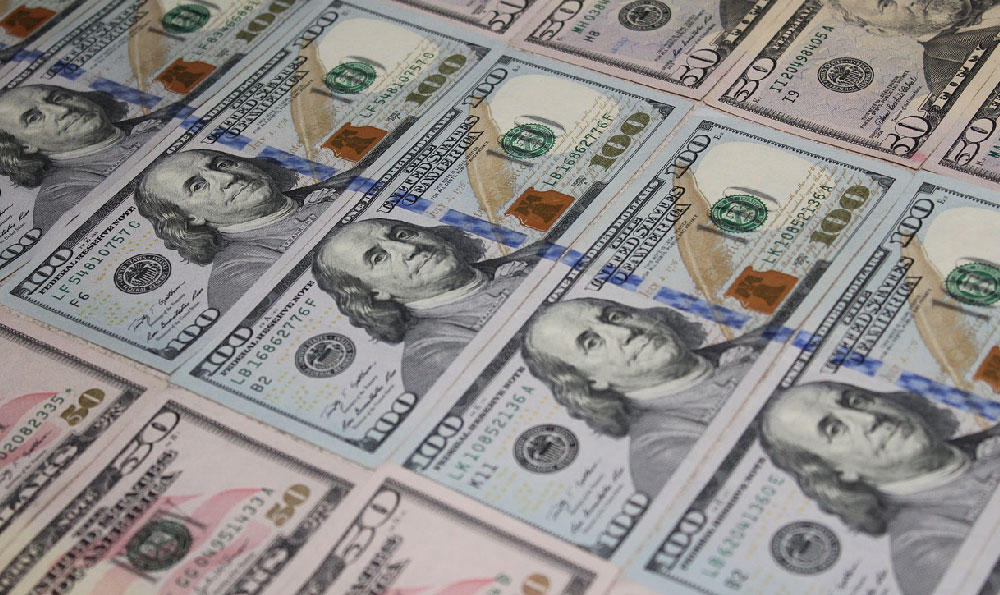Okay, I understand. Here's an article addressing the topic of investing in Yen, aiming for comprehensive coverage and a natural flow of information, avoiding overly structured point-by-point formats and introductory phrases.
Investing in the Japanese Yen: A Guide to Opportunities and Methods
The Japanese Yen (JPY) holds a unique position in the global financial landscape. It's not just the currency of the world's third-largest economy; it's also a safe-haven asset, often sought during periods of global economic uncertainty. This safe-haven status, coupled with Japan's monetary policy and its significant role in international trade, makes the Yen an interesting prospect for investors looking to diversify their portfolios or capitalize on specific market dynamics. However, directly investing in the Yen requires careful consideration of the factors influencing its value and choosing the appropriate investment vehicles.

Understanding what drives the Yen's value is paramount. Interest rate differentials play a significant role. Japan has historically maintained low interest rates, sometimes even negative rates. This contrasts sharply with other major economies like the United States or the Eurozone, where interest rates might be higher. When interest rates are higher in another country, investors may borrow Yen (due to its lower borrowing cost) and invest in assets denominated in the higher-yielding currency, a practice known as the "carry trade." This selling pressure on the Yen can weaken its value. Conversely, when risk aversion increases globally, investors often unwind these carry trades, buying back Yen to repay their debts, which strengthens the currency.
Economic data releases also heavily influence the Yen. Inflation figures, GDP growth, trade balances, and employment data all provide insights into the health of the Japanese economy. Positive economic news generally supports the Yen, while negative news can weaken it. The Bank of Japan (BOJ), the country's central bank, closely monitors these indicators and adjusts its monetary policy accordingly. Any surprise announcements or shifts in policy direction from the BOJ can trigger significant movements in the Yen. For example, a sudden decision to raise interest rates, even slightly, could lead to a sharp appreciation of the Yen.
Furthermore, geopolitical events and global market sentiment can have a substantial impact. As mentioned earlier, the Yen is considered a safe-haven currency. This means that during times of global economic turmoil, political instability, or financial market crises, investors often flock to the Yen as a perceived safe store of value. This increased demand can push the Yen's value higher, even if Japan's own economic fundamentals are not particularly strong. Events like major international conflicts, sovereign debt crises, or significant stock market crashes can all trigger this flight to safety.
So, how can one actually invest in the Yen? Several avenues are available, each with its own set of advantages and disadvantages.
Foreign Exchange (Forex) Market: This is perhaps the most direct way to invest in the Yen. The forex market is a decentralized global marketplace where currencies are traded. Individuals can open a trading account with a forex broker and speculate on the Yen's value against other currencies, such as the US dollar (USD/JPY), the Euro (EUR/JPY), or the British Pound (GBP/JPY). Forex trading offers high leverage, meaning you can control a large position with a relatively small amount of capital. While this can amplify potential profits, it also significantly increases the risk of losses. Forex trading requires a good understanding of technical analysis, fundamental analysis, and risk management. It's a fast-paced and volatile market, not suitable for novice investors without proper training and discipline.
Yen-Denominated Bonds: Investing in Japanese government bonds (JGBs) or corporate bonds denominated in Yen is another option. These bonds offer a fixed income stream over a specified period. The yield on JGBs is typically quite low, reflecting Japan's low interest rate environment. However, the potential for capital appreciation arises if the Yen appreciates against your home currency. For example, if you buy a JGB and the Yen strengthens against the US dollar, you will not only receive the interest payments but also benefit from the currency gain when you convert the Yen back to dollars. Accessing JGBs directly might be difficult for individual investors outside of Japan; however, some international brokers offer access to these markets or to bond ETFs that hold JGBs.
Yen-Based Mutual Funds and ETFs: Mutual funds and Exchange-Traded Funds (ETFs) offer a diversified way to gain exposure to the Yen. Some funds focus specifically on investing in Japanese equities, while others invest in Japanese bonds. These funds allow investors to indirectly benefit from a strengthening Yen, as the value of their investments will increase when the Yen appreciates against their home currency. Before investing in a Yen-based fund, it is crucial to carefully review the fund's investment strategy, expense ratio, and historical performance. Funds that invest in Japanese equities will be more volatile than funds that invest in Japanese bonds.
Currency ETFs: Currency ETFs specifically track the value of a single currency, in this case, the Yen. These ETFs typically hold Yen currency or Yen-denominated assets. They offer a relatively simple and liquid way to gain exposure to the Yen without having to trade directly in the forex market. These ETFs are often used by investors to hedge currency risk or to speculate on short-term currency movements.
Considerations and Risks:
Before investing in the Yen, it's essential to consider several key factors. First, understand your risk tolerance. The Yen, like any currency, can be volatile. Be prepared for potential losses. Second, be aware of the costs associated with investing, such as brokerage fees, transaction costs, and fund expense ratios. These costs can eat into your returns. Third, monitor global economic and political developments that could affect the Yen's value. Stay informed about BOJ policy announcements, economic data releases, and geopolitical events.
Currency fluctuations can significantly impact investment returns. A strengthening Yen will benefit investors who hold Yen-denominated assets, but a weakening Yen will negatively affect those investments. Therefore, it is crucial to have a clear understanding of the factors that influence the Yen's value and to develop a sound investment strategy that aligns with your risk tolerance and financial goals.
Finally, consulting with a qualified financial advisor is always recommended before making any investment decisions. A financial advisor can help you assess your risk tolerance, develop a suitable investment strategy, and choose the appropriate investment vehicles for your individual needs. They can also provide ongoing monitoring and guidance to help you navigate the complexities of the financial markets. Investing in the Yen can be a rewarding experience, but it requires careful planning, diligent research, and a solid understanding of the risks involved.












